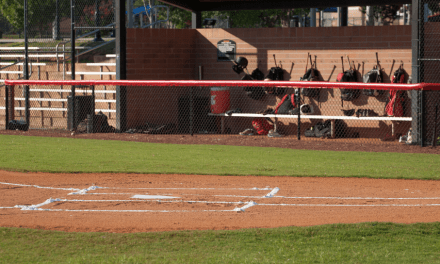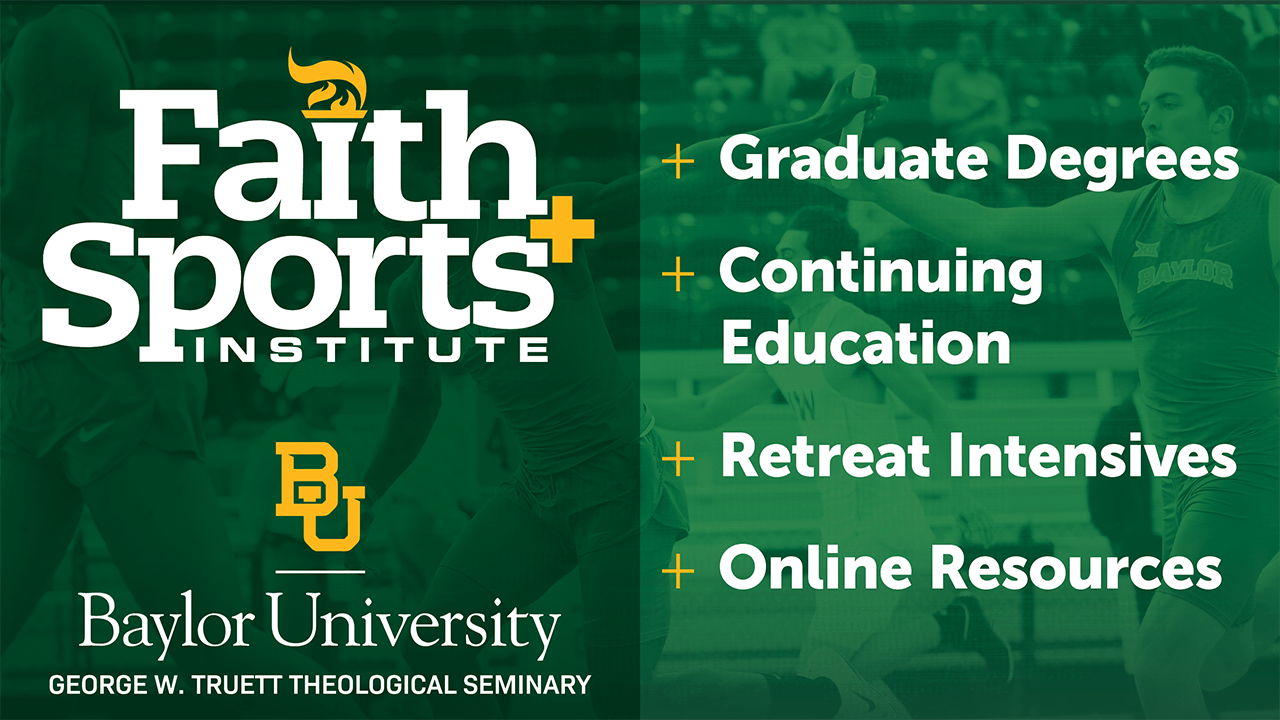Editor’s note: To help Christian sportspeople navigate these uncertain times, we will be publishing a series of posts focused on what it looks like to “Run The Race Well” in a time of coronavirus and quarantine. We will be getting contributions from a variety of perspectives: theologians, philosophers, athletes, coaches, mental health professionals, seminary students, and more. This post comes from British theologian Robert Ellis.
Rob Ellis
Spare a thought for all teams, all players, on the very brink of realising their ambition. A championship, a tournament win, some special accolade. For individuals, perhaps a training routine that seemed to be leading to a personal best; maybe the possibility of earning a pro contract. And now the world is in limbo. Coronavirus limbo.
As I write, nearly all domestic and international sport is indefinitely postponed. There will be no winners celebrated just yet.
Sport needs winners. Sport is about winners. The drive at the heart of sport to be the best we can—to throw the unhittable pitch, to lob the impossible touchdown pass, to pull off the unplayable bunker shot—or just to be the best, period, grows from our God-given drive to reach out beyond ourselves. We continue to engage with sport—to play and to support—because of this constant desire to be better. Hope is ingrained in us, and in our sport.
We are born hopeful, and sport is as good an expression of this as we are likely to find. So, when sport is indefinitely put on hold, it is not just entertainment that we lack. We’re lacking in hope too. This can lead to dark moods and a sense of narrowed horizons. No wonder the great medieval poet Dante imagined that inscribed above the gateway to hell were the words “Abandon hope all you who enter here.” A life without hope is hell on earth.
This suspension of sport, and of hope, is all the more difficult to bear for those who are poised on the brink of something. Here in England we see it most keenly in Liverpool FC and the stopping of their apparently unstoppable Premier League title challenge; or in Lewis Hamilton’s readiness to equal Schumacher’s record number of Formula 1 Championships at the start of a season that may be completely lost. And think of those Olympians, whose lives have been arranged for four years or more just to peak in time for Tokyo in July. Now?
Noticing this deflating loss of the hope that sport brings can also help us to think about Christian hope. One of the twentieth century’s leading theologians, Jurgen Moltmann, speaks of hope as giving us an “unquiet heart.” Moltmann tells us that we must use our Christian hope for God’s future Kingdom to make us aware of all that is wrong in the present—and then to engage with what’s wrong, to “begin to suffer under it, to contradict it.”
The “unquiet heart” is a good way of thinking about the restless desire for better, for winning, at the heart of sport. And the desire to do and be better is very much about “suffering” with our present sporting achievement (or lack of it!). But noticing this in sport should direct us back to life’s other, and bigger, challenges. Christian hope (“your kingdom come, your will be done,”) also suffers with and contradicts the selfishness and brokenness and despair of our world in the name of faith, hope, and love: in the name of Jesus.
So, as you kick your heels, unable to train or compete, turn that restless desire, your “unquiet heart,” on the troubles all around you. And resolve that while you now practice social distancing, when our current troubles are behind us you’ll put as much hope and energy into the brokenness around you as you do into your game.
 About the author: Rob Ellis is a theologian and Principal for Regent’s Park College, University of Oxford. His groundbreaking 2014 book on sports and theology, The Games People Play: Theology, Religion, and Sport, is the go-to book on the subject. Rob has also served in an informal role as an advisor offering guidance and support to the Faith & Sport Institute Retreat.
About the author: Rob Ellis is a theologian and Principal for Regent’s Park College, University of Oxford. His groundbreaking 2014 book on sports and theology, The Games People Play: Theology, Religion, and Sport, is the go-to book on the subject. Rob has also served in an informal role as an advisor offering guidance and support to the Faith & Sport Institute Retreat.






